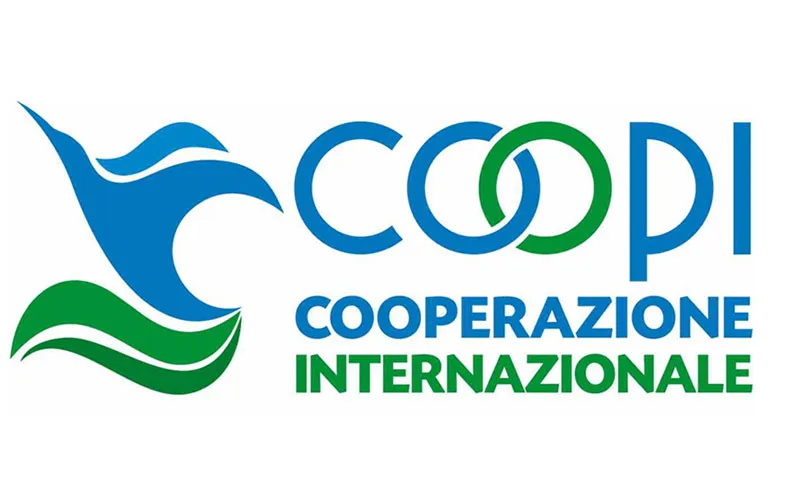The “significant increase” in COVID-19 cases in the landlocked country reveals “the fragility of its health system response,” COOPI officials note in the February 10 report.
Though latest data indicates that at least 914 people have succumbed to the pandemic, the entity’s leadership says that “the numbers may actually be much higher, as some cemeteries are having difficulty keeping up with the demand for burial services.”
That the country's capacity for testing is “extremely limited and fluctuates, not even reaching 4,000 daily tests” is another concern for the NGO’s officials who say the infections may be higher than the 28,270 cases currently confirmed.
“Hospitals in Malawi are stretched to the limit due to a surge in infection; the number of health workers becoming infected while caring for critically ill patients is increasing daily,” officials of the 55-year-old entity say in the February 10 report.
In a bid to address the situation, they say the Malawian government “has also decided to open field hospitals in the most affected areas, in the hope of being able to absorb the huge increase in the volume of critical cases.”
To respond to the declared “state of national disaster,” COOPI’s officials in Malawi are currently leading a consortium of five international NGOs working in the North-Central region with the mandate of “supporting health facilities and frontline workers in efforts to treat COVID-19 patients and prevent further infection in surrounding communities.”
As a member of a different consortium of four NGOs operating in Southern Malawi, COOPI is also a carrying out the same mandate as the North-Central Malawi-based one, officials of the entity say in their February 10 report.
Funded by the Directorate General for Civil Protection and European Humanitarian Aid Operations (ECHO), the consortia are operating in 48 selected health facilities in seven of the 28 districts of Malawi and serve 2.2 million people living in the catchment area of the facilities, the report indicates.
Through the two consortia, COOPI collaborates with other NGOs to improve the health, water and sanitation, disaster risk management capabilities of the healthcare workers as well as members of the local communities.
“At the community level, one of the objectives is to improve the information available to the population and increase risk perception in order to prevent misbehavior conducive to the spread of COVID-19,” officials of the entity, which runs programs in 14 African countries, say.








